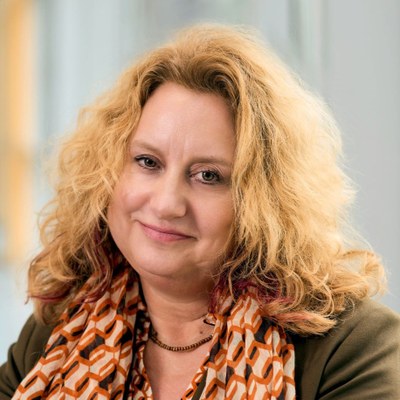Zum Profil

Spatial Thinking in STEM Learning (Sell STEM) (EU - Horizon 2020)
Spatial ability is strongly related to achievement in and attraction towards STEM learning yet is underdeveloped among many young people. The large gender gap in spatial ability in favour of males means girls are over-represented in the low spatial ability group and therefore more disadvantaged in STEM learning. SellSTEM will create ways to develop spatial ability among children through online learning, tactile activities, integrated with other subjects and through project-based learning. Early stage researchers will work with teachers and teacher educators to identify barriers and enablers to developing spatial ability so they can provide sustainable classroom solutions to increase the spatial ability of children. Improved curricula will be produced along with strategies to change teacher education and teaching practice. Guides for teachers to assessing spatial ability and classroom teaching activities for differentage groups will be developed so teachers can promote growth in spatial ability especially among girls. SellSTEM will produce new knowledge and methods to increase STEM enrolment and reduce gender imbalance.
Why SellSTEM?
The rationale for SellSTEM is based on 3 key findings from research. First, many countries in Europe and beyond have a twin problem in STEM recruitment: too few young people are enrolling in STEM courses and there is a strong and persistent under-representation of women in STEM education and careers. Second, spatial ability, a core aspect of cognition is extremely important to STEM learning; spatial ability is strongly associated with success in STEM. Third, spatial ability is not only underdeveloped among many children in Europe but there is a significant gender gap in spatial ability, most notably in spatial visualization, in favour of males. The main goal of SellSTEM is to raise spatial ability levels of children across Europe and girls in particular so they are better prepared for the cognitive demands of STEM education, become more successful in STEM learning and migrate in greater numbers with increased balance by gender towards STEM careers.






